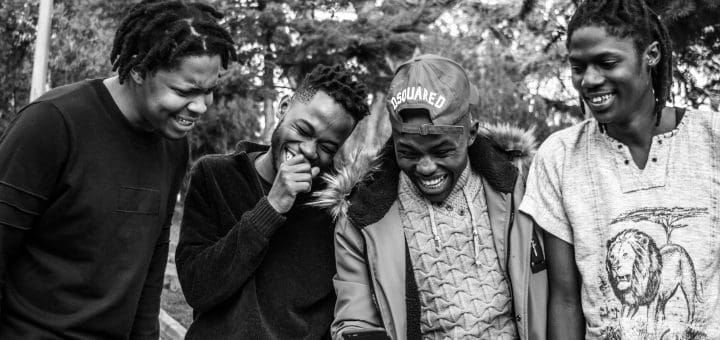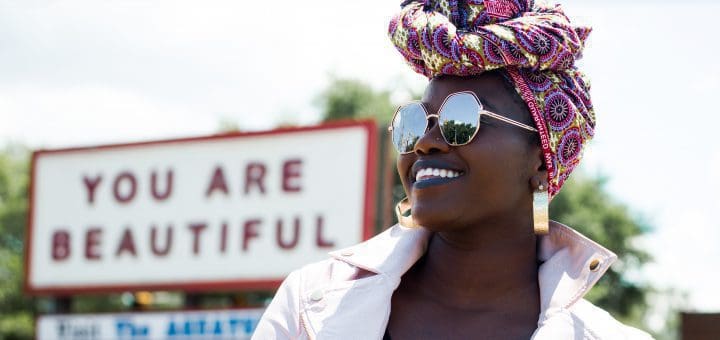Stay Hydrated!
As we discussed earlier this week, staying hydrated is not just important for your physical health, but can have substantial benefits for your mental health and your mood too. This is especially important now during the summer, where the heat and humidity can make it even easier to get dehydrated.











Recent Comments